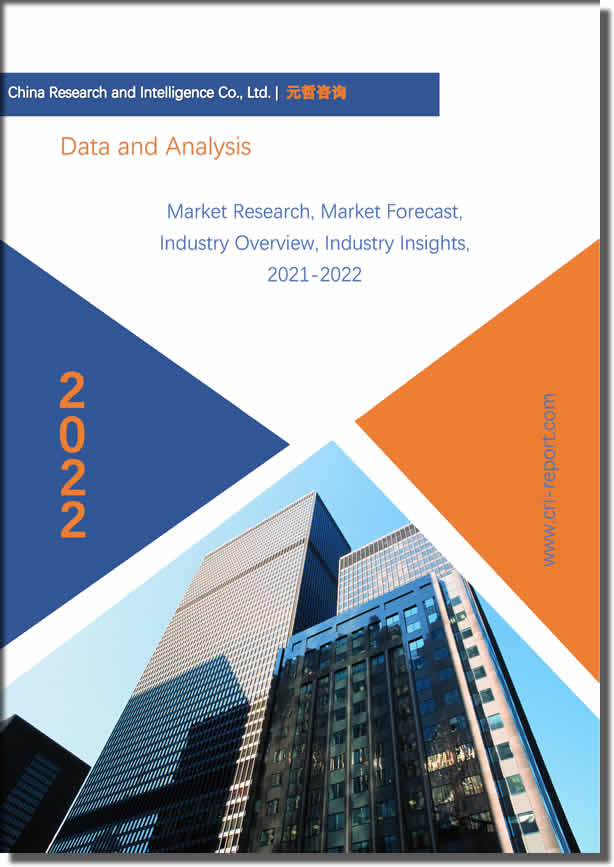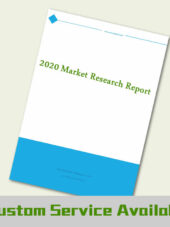Description
Edge Computing Market
Market overview
Global Edge Computing Market is a groundbreaking approach to cloud computing systems optimization. This refers primarily to the systems that enable computational to be carried out at the edge of the network. Edge computing is responsible for aligning data collection and control mechanisms, high bandwidth storage, and end-user-related applications. Battery life for the battery-operated IoT devices is boosted by the shorter times of open communications channels caused by an improved latency. Edge computing also enables efficient data storage, with cleaner data sets for cloud-based analysis as data collection and data processing are done at the edge of the network.
Market Highlights
Fatpos Global anticipates the Edge Computing market to surpass USD XX Billion by 2030, which is valued at XX billion in 2019 at a compound annual growth rate of XX%. This growth is anticipated due to the growing escalation of the Internet of Things and increasing concerns for security in public places. In the coming years, the IoT phenomenon is expected to expand with the organization’s digital transformation initiatives. The exponential growth and growing use of IoT in companies would lead to the fuel the edge computing industry. As IoT has increased in several high-computing linked mobile devices, companies have gained access to and stored large volumes of data in the repository
Source: Fatpos Global
Recent Highlights in the Edge Computing market
The NVIDIA Corporation has built a platform called the NVIDIA EGX technology that will lead to a promising improved user experience in real-time AI.
In July 2019, IBM Japan joined the AECC, promoting good practices and technological integration in the future cars. IBM Japan is also driving the practice for the implementation of a new computing system.
Verizon Communications, Inc., and Amazon Web Services, Inc. have announced collaboration with its client to develop IoT technologies and innovative software, and promote innovation, through a 5 G cloud edge-based computing network.
Edge Computing Market: Segments
Global market has been segmented on the basis of Component, application type, and by location. It has been further segmented on the basis of region into North America, Europe, Asia-Pacific, Mid East, and Africa.
By component (in %), global Edge Computing Market, 2019
In 2019, the hardware segment dominated the global edge computing market.
Global Edge Computing Market is segmented by component into Hardware, Software, Services, and Edge-managed Platforms
Increasing cloud-based applications, in which the server plays a crucial role and functions as the non-visible computer base for the services on which users are dependent, provide the highest percentage.
By Industry vertical (in %), global Edge Computing Market, 2019
Energy and utilities accounted for XX% of the global volume in 2019 and are anticipated to dominate the market in the forecasted period
Global Edge Computing Market is segmented by industry vertical: Healthcare, agriculture and energy and utilities
The growing need to close the gap between theoretical performance and the actual production of grid systems promotes the adoption of edge computing practices by grid producers. Therefore, a large number of data generated from power stations distributed need to be processed and analyzed at a faster pace to enable successful decision-making based on data.
Many of the driving forces that help the industry expand include the use of intelligent functionalities such as automatic metering (AMR), distributed generators remote control, grid automation and real-time power analysis.
Source: Fatpos Global
Global Edge Computing Market: Drivers and Restraints
Drivers
The growing espousal of IoT
The emergence of IoT led to a substantial increase in data, as businesses rely more and more on centralized cloud computing and storage solutions. Movement of the entire IT industry to the cloud poses economic feasibility issues. Therefore, these companies are continuously searching for edge computing resources including edge nodes, instruments, and hyper-located data centers, using IoT sensors, actuators, and other IoT tools.
Advent of autonomous vehicles
Edge computing in autonomous motor cars can make it possible to use the collected data better and more accurately, enabling edge computer to offload non-critical data in the edge data centers and to preserve essential data within the vehicle. In addition, edge computing can help achieve situational awareness within a space of time combined with Artificial intelligence (AI ) and machine learning (ML) by providing local processing power to facilitate the processing of large quantities of data produced by autonomous automobiles.
Restraints
Initial investment
In using digital technologies to effectively simplify and accelerate business processes companies are moving rapidly towards digitization. The initial investment in edge computing is still a major load on the capital expenditure of the company. For businesses that are pursuing comprehensive edge computing solutions, investments in cutting edge nodes, other edge tools, and edge data centers are significant. They would also have to invest more in ensuring the protection of devices and of the whole network. As a result, multiple service suppliers are reluctant to switch to the edge only because of low latency processing.
Global Edge Computing Market: Regions
North America was the largest market accounting for 42% of total market volume share in 2019
A number of startups that provide platforms to develop an edge-enabled solution are creating a driving force for the region’s industrial growth. For example, in Canada telecommunication companies, including Telus Communications, are developing MobiledgeX, Inc., an early access program that will empower developers to build, experiment, and measure the efficiency of edge-enabled applications in a low latency environment.
Asia Pacific: China, Japan, India, and Rest of Asia Pacific
Europe: Germany, the UK, France, and Rest of Europe
North America: The US, Mexico, and Canada
Latin America: Brazil and Rest of Latin America
Middle East & Africa: GCC Countries and Rest of Middle East & Africa
Source: Fatpos Global
The global Edge Computing market is further segmented by region into:
North America Market Size, Share, Trends, Opportunities, Y-o-Y
Growth, CAGR – United States and Canada
Latin America Market Size, Share, Trends, Opportunities, Y-o-Y
Growth, CAGR – Mexico, Argentina, Brazil and Rest of Latin America
Europe Market Size, Share, Trends, Opportunities, Y-o-Y Growth,
CAGR – United Kingdom, France, Germany, Italy, Spain, Belgium
Hungary, Luxembourg, Netherlands, Poland, NORDIC, Russia,
Turkey and Rest of Europe
APAC Market Size, Share, Trends, Opportunities, Y-o-Y Growth,
CAGR – India, China, South Korea, Japan, Malaysia, Indonesia, New
Zealand, Australia and Rest of APAC
MENA Market Size, Share, Trends, Opportunities, Y-o-Y Growth,
CAGR – North Africa, Israel, GCC, South Africa
Global Edge Computing Market: Key Players
Cisco (US)
Company Overview
Business Strategy
Key Product Offerings
Financial Performance
Key Performance Indicators
Risk Analysis
Recent Development
Regional Presence
SWOT Analysis
Huawei (China)
Dell Technologies (US)
Litmus Automation (US)
SixSq (Switzerland)
Saguna Networks (Israel)
ADLINK (Taiwan)
Axellio (US)
HPE (US)
IBM (US)
Other prominent players
The global Edge Computing market report also contains analysis on:
Edge Computing Market Segments:
By Component type:
Hardware
Software Services
Edge-managed Platforms
By Industry Vertical:
Healthcare
Agriculture
Energy and utilities
Edge Computing Market Dynamics
Edge Computing Market Size
Supply & Demand
Current Trends/Issues/Challenges
Competition & Companies Involved in the Market
Value Chain of the Market
Market Drivers and Restraints
FAQs on Global Edge Computing Market
Which segment is anticipated to hold the largest market share?
At what CAGR is the market anticipated to grow between 2020 and
Who are the key players in the global Edge Computing market?
What could be the challenging factors for the growth of the Edge computing market?
What are the growth drivers for the Edge Computing market?




Reviews
There are no reviews yet.